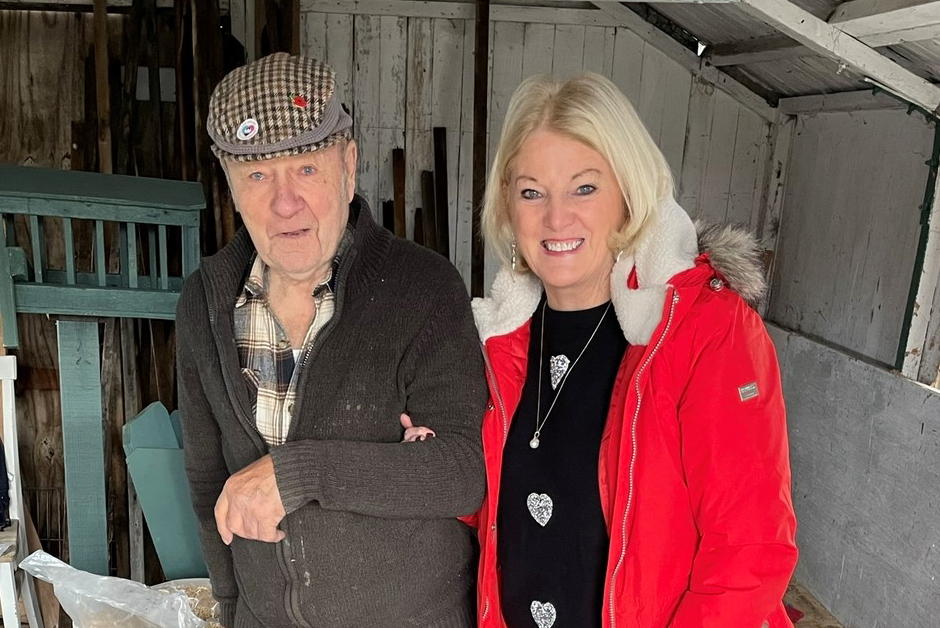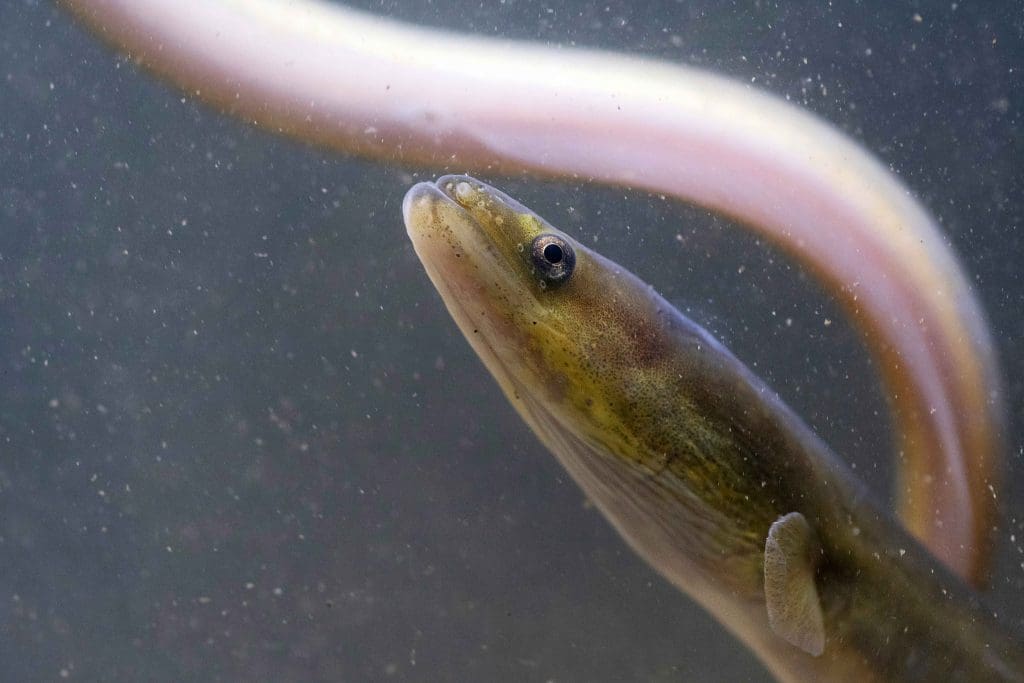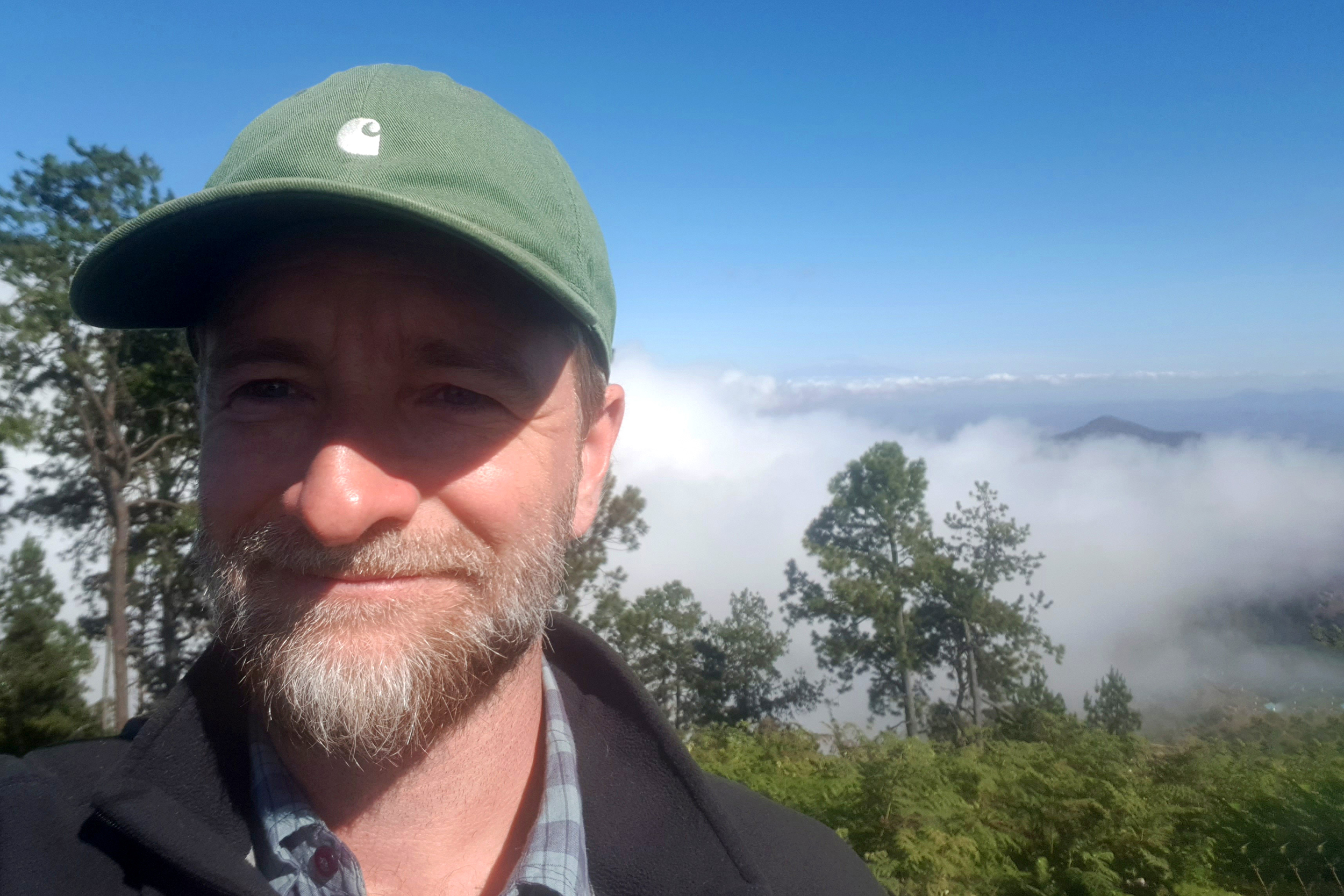What does your role involve?
I work with some amazing colleagues to support our partners in Africa and Asia on programmes to improve the conservation status of the RSPB’s international priority species. An example is our vital work with Asian vultures.
What does this work entail?
We help our partners in Asia to deliver research, run captive breeding programmes and change government policy so that key threats to vultures are removed from the environment. The introduction of a drug called diclofenac, used on cattle in the ’80s, has had a significant impact on vultures that scavenge the cattles’ carcasses. Millions of vultures across Asia died, which nearly led to their extinction.
What does the fate of Asia’s vultures look like now?
There is still much to do as the populations of the three species we work with are a tiny fraction of what they once were, but they are stable and, in some places, beginning to increase. We recently released the final cohort of captive-bred White-rumped Vultures in Nepal as the government there has done an amazing job of removing vulture-toxic veterinary drugs from the market – we need other countries to follow their lead!
Listen to this feature here:
You might also like
Comment: Birding is better together

Your say – autumn/winter 2023



